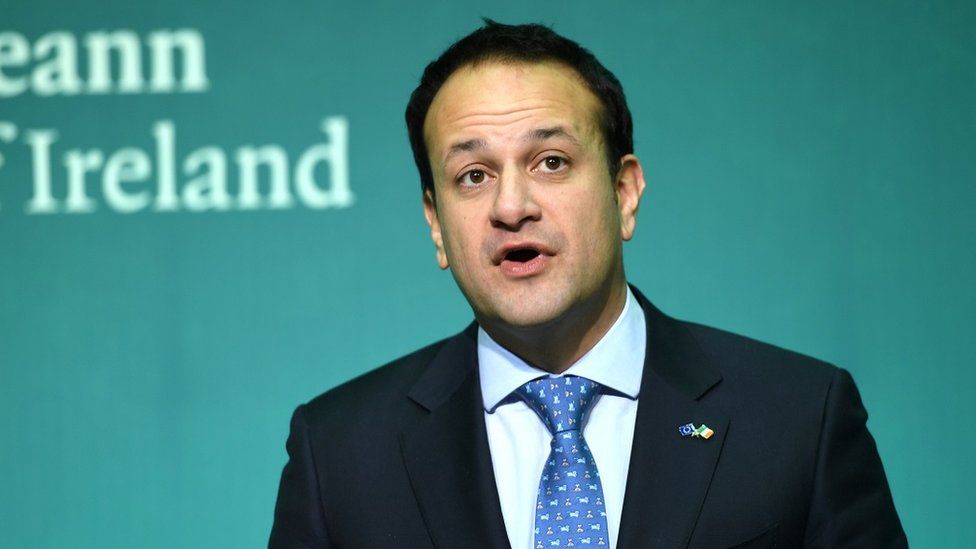An Taoiseach Leo Varadkar says he is “deeply concerned” about the “rise of violence and hatred towards LGBTI people at home and abroad.”
“I sincerely hope that our story can be a source of some optimism at a difficult time,” he told the United Nations.
“I can vividly remember an Ireland shaped by shame, conformity and fear, where my election as Taoiseach, as Prime Minister, as an openly gay man would have seemed an impossibility.”
In his address, he discussed how Ireland is planning legislation to disregard past convictions for consensual homosexual activity, as well as introduce a ban on conversion therapy.
He said that Ireland’s culture has changed and that Irish society is a “lot more understanding of family and inclusion.”
“The Ireland of today is more understanding, more accepting, more inclusive and more equal. More willing to respect fluidity, diversity and personal freedom,” he said, citing the decriminalisation of homosexuality in 1993 as one of the first signs of progress on the issue.
Discussing more recent history, Varadkar pointed to the 2015 marriage equality referendum and the Gender Recognition Act in the same year as signs of Ireland’s progression on the issue.
Despite Ireland’s progress on the matter, he showed concern at rising anti-LGBTQI sentiment worldwide.
“We see the reintroduction of draconian laws in some countries, including the threat of the death penalty, openly discriminatory laws and increasing backlash against transgender people, and heightened polarisation, including here at the UN,” he said.
“We deeply regret escalating attempts by some states to undermine existing international commitments and standards. We are committed to working alongside the Core Group to respond to this pushback.”
He said Ireland’s own history should be an example to other nations, claiming “we are not here to lecture or dictate to others, but to share our journey”.
He stated that Ireland also continues to face challenges surrounding the issues, and said that his government are “not naive to think that LGBTI people don’t continue to face significant barriers to full participation in public life.”
